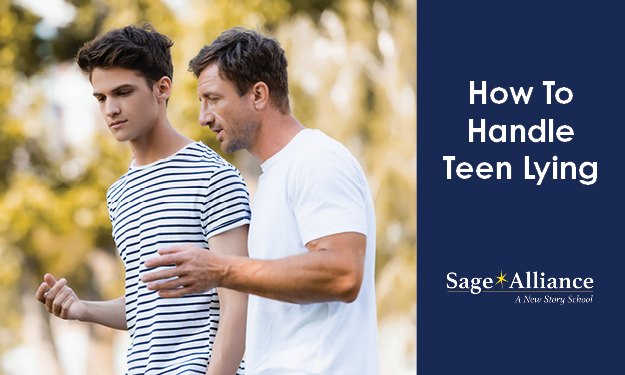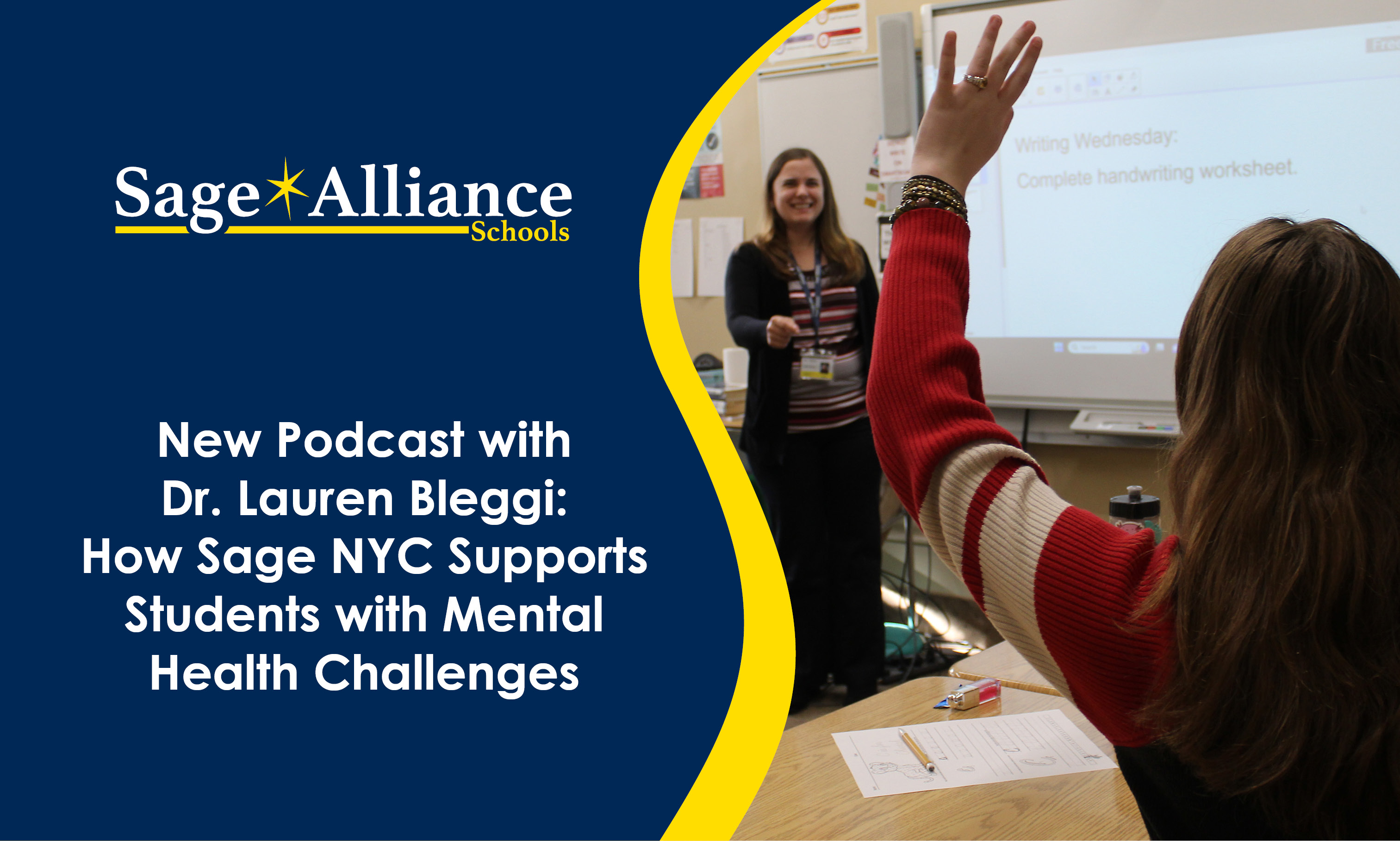“Coronasomnia” Explained by Sleep Experts
Posted: January 05, 2021 | Written By: Sage Day | Category: Therapeutic Education

When the pandemic-related shutdowns began, none of us knew the impact that COVID-19 would have on our world in months that followed. The pandemic has brought many ancillary consequences like shuttered businesses, increased unemployment, and increased rates of anxiety for many people. Though not a symptom of the disease, rather an indirect result of it, COVID-19-related insomnia is affecting millions–including adults and children who haven’t even contracted the novel coronavirus.
Coined “coronasomnia”, sleep experts have documented exponentially higher rates of sleeplessness since pandemic-related lockdowns began in March of 2020. There are several causes of coronasomnia, all of which stem from our “new normal”, which include:
- A significant change in routine. Many of us no longer have a commute, whether as a result of unemployment or from working or attending school at home.
- Increased stress. Not only are we all facing the stressors of everyday life, but now we’re coping with new social queues, anxiety about exposure to the virus, economic stress, and the fact that work and home stress have melded into one. Children can be highly observant and sometimes just witnessing their parents during stressful times, can have impact on the child’s stress levels.
- Decreased activity. Being confined to the square footage of your home, often in a busy, crowded household with competing demands from children, spouses, and even pets can result in a more sedentary lifestyle, which affects your body’s natural rhythm and internal clock.
According to Kimberly Hardin, co-director of the sleep center and the director of the Sleep Medicine Fellowship Program at UC Davis, coronasomnia affects how you eat, your digestion, and your immune system. She says, “Once the master clock gets disrupted, everything else breaks down.”
Dr. Hardin also notes, “Insomnia perpetuates itself. The more you can’t sleep, the more you worry about it and the more you don’t sleep.” Interestingly, many things people do to get themselves to sleep can actually perpetuate the problem. For example, having a cup of tea before bed or napping during the day can cause additional sleep disruptions. Obviously, if other members of the household are awake past a reasonable bedtime, this can impact the other members of the household as well.
How to cope with coronasomnia
Ilene Rosen, MD, MSCE, a sleep medicine physician and associate professor of clinical medicine at the University of Pennsylvania and Angela Drake, a UC Davis Health clinical professor in the Department of Psychiatry and Behavioral Sciences recommend the following for handling coronasomnia:
| Parents | Kids | |
|---|---|---|
| Routine | Keep a daily routine with a consistent rising and sleeping time. Set an example for the children and assist with their routine as well. | Create a bedtime routine for your kids that calms them. This will inform the body that it’s time to go to sleep. Try doing this 30-60 minutes before bed. |
| Don’t make work from home “work from bed” | Keep a clear separation between your sleep location and your work location to help maintain your bedroom as a calm place where you can feel more ready to fall asleep when the time comes. | Maintain a separate area for your kids to work in, and sleep, especially if you’ll be up later than them. This will allow them to understand the two different environments. |
| Exercise during the day | Try to build exercise into your routine to help reduce stress. Whether it’s a 5-10-minute walk or even yoga! | Take daily walks with your kids and set aside 15-20 minutes of outdoor play. |
| Avoid naps | Our bodies are sensitive to the relationship between sleep and sunlight, so keep a regular sleep routine when it’s dark. | A long nap can throw off your circadian rhythm, giving you a less restful night. Keep naps on the shorter side. |
| Reduce nighttime screen time | Phones and television, though a portal into connecting with the rest of the world, can also cause stress and anxiety with constant bad news at our fingertips. Dr. Drake compares constant phone notifications to a “car alarm in our brain constantly going off.” Not to mention, the bright light tells your brain to stay awake. | Limit usage of technology for your kids. Reading or coloring are better alternatives to screen time. Even remnant blue-light from a nearby screen or device can interfere with sleep. Aim for darker settings to sleep. |
| Limit sugar and caffeine | Sugar and caffeine tend to keep our brains wired up. Try to limit coffee to 1 cup a day. | Kids enjoy sugar but the sugar rush oftentimes will bring chaos. |
Sleepless nights are part of being human – when it starts affecting your day-to-day life, it’s time to implement some sleep strategies. While we navigate this new normal, establishing healthy sleep schedules can be a key to your self-care as well as considering the mentioned coping mechanisms. The goods new is, we’re in this together and the feeling of not having as many hours in the day as we’d want.
Want to be notified of new articles and resources from Sage Alliance? Click here to submit your email and opt into our newsletter.









